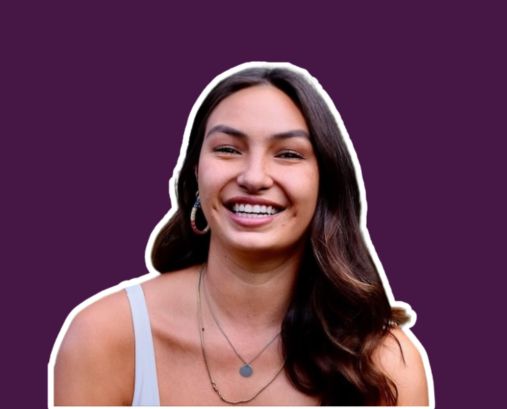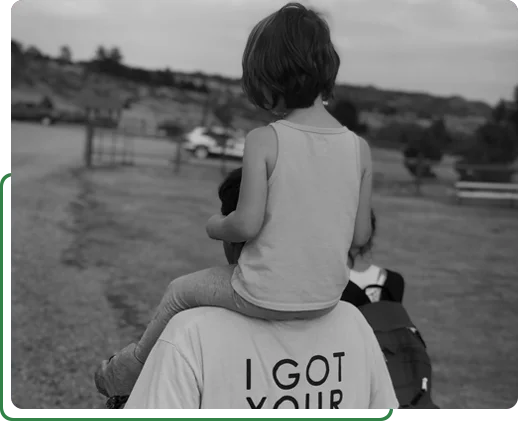Lauren is a citizen of the Cheyenne River Lakota Nation and raised in He Sapa (The Black Hills) located in Rapid City, South Dakota. She was recruited by the University of San Diego and in her sophomore and junior seasons at USD, she earned a spot on the USA Collegiate National Team roster. To close out her collegiate career, she received All-American Honors. Following graduation with a bachelor’s in Anthropology and a minor in English, she was invited to be a Nike N7 Ambassador and went on to play professionally for five seasons in the top league in France, where she and her team won silver in both the Coupe de France and the Championship of France her second season: receiving bronze respectfully her following two seasons. She went on to compete in the Champions League for three seasons out of her five in France: competing against world renowned athletes and Olympians.
During Lauren’s off seasons, she has remained active in her home and tribal communities, organizing and hosting volleyball camps and keynotes for Indigenous youth throughout the US and Canada. In 2019, the Red Ribbon Skirt Society asked her to be their first Healing the Globe Ambassador for Missing Murdered Indigenous Women, Girls and 2 Spirits. Following her retirement from volleyball in Summer 2022 she began her textile business, Wicahpi Rugs & Textiles, where she uses Lakota star knowledge and stories to inspire modern textile art. Lauren hopes through these efforts, she will help to increase the visibility and opportunities for youth living in rural areas while shedding light to issues facing Indigenous communities.
I support peer led work and initiatives because not only is it a program that is developed in establishing relations, it has proven time and time again as a successful tool in implementing structure and creating healthier alternatives to learning.
In an age where technology is at the forefront of innovation it seems easy enough to write off our human instinct to connect for the sake of efficiency. But what I’ve learned over the years, in various programs, is that investing in the individual before expectation of any quantifiable results comes with many benefits. As we are simultaneously teaching, we are learning. The process in which we teach these programs is no longer a linear exchange but one that is reciprocal for both teacher and student. We are creating depth and layers to a system that is often one note.
When working in groups or being taught by those who have started in the same place there is a chance to show growth, build community, and organically allow us to learn social behaviors otherwise left to the individual or their upbringing. With peer led programs, we are acknowledging that each person is their own and teaching is meant to be adapted and changed. With peer led programming, we are embracing the individual and creating a safe space for them to grow, but to then teach.
Peer led programs have supported me individually by helping me establish my voice at an early age. I was always someone who would find anxiety in the idea of mentoring or being put in a leadership role because I never believed I had anything to offer. What these programs taught me was you can be a leader without formal training or without intentionally doing so. By simply conquering my fear of public speaking, building relations, and mentoring I was leading by example.
Being able to not only learn from my mentors, who were merely a couple years older than me, but to empathize with my struggles created a system of support needed at a fundamental age. Knowing what I had to look forward to and how I could grow into my role as a mentor from a mentee created motivation to want to help the upcoming classes. Not to mention, that they simply made it fun. They made learning tangible and interesting. I always looked forward to our periods that were blocked off for our peer led program. I not only received the help needed to be successful in school. I made friends. And at the end of my school day, it was always a little better and brighter when I left.





